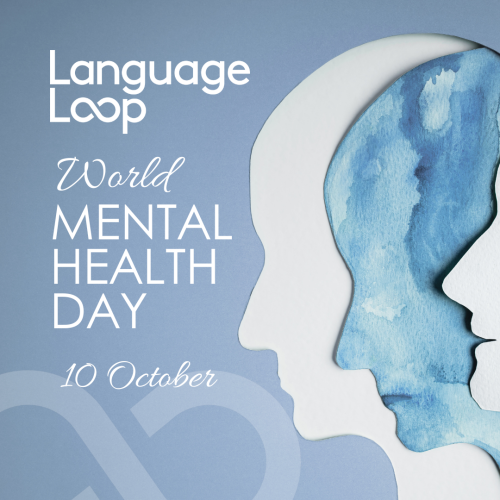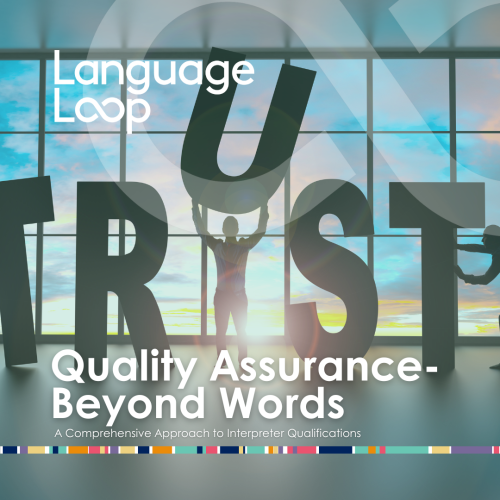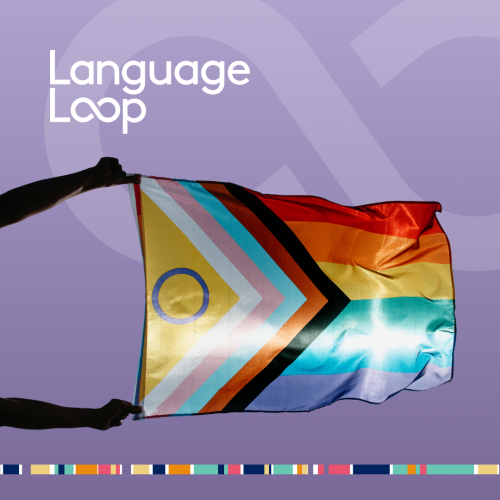Professional translations are your best ally when preparing to bridge language gaps for business, healthcare, legal, or any other sector. Professional translation services play a pivotal role in ensuring clear and precise communication. You need to know some fundamental things to get the most out of translation services.
Interpreting vs. Translation: What’s the difference?
While these terms are commonly thought to mean the same thing, they are different in the world of multilingual communication. Translation is for the written word. This can mean transcription, as in captions, or conversion of a written document, novel, poster, or website- anything written can be translated into another language. However, there are some key points you will need to know to prepare your content for translation.
Prepare Your Documents
Before sending your content for translation, make it as clear and complete as possible. Here are a few tips:
- Review for Clarity: Ensure that the original content is clearly written and free of ambiguities. The clearer the source material, the better the translation.
- Finalise the Content: Ensure the content is in its final form. Changes made after translation starts can lead to additional costs and time delays.
- Provide Context: Offering background information or a glossary of terms can help translators understand the context, ensuring a more accurate translation.
- Specify the Target Audience: Knowing who the content is for can influence language choices, especially in regions with multiple dialects or cultural nuances.
- Make it Editable: Usually, source files are needed rather than a .pdf version. If unsure, check in with our translations team about appropriate formats.
The Essence of Professional Translations
Professional translations go beyond mere word-for-word conversion from one language to another. It involves the nuanced task of conveying the original tone, context, and cultural significance, ensuring the target audience accurately understands the message. Qualified translators are skilled linguists who often specialise in specific fields such as legal, medical, technical, and more, ensuring that the translation meets the highest standards of accuracy and professionalism.
An Example of Nuance
Imagine a document with a headline in English that reads:
Experts Call for More Nuclear Power Plants in Safe Zones.
If it’s broken up improperly, it might read:
Experts Call for More Nuclear Power
Plants in Safe Zones
By breaking up the lines this way, the message is distorted to convey that experts say there should be more nuclear power rather than emphasising safety. This is one example of the expertise that qualified translators can bring to a project, ensuring that text is appropriately laid out to ensure the meaning and intent is conveyed. Businesses and individuals can ensure their message is conveyed accurately and effectively by choosing qualified interpreters and specialised translation services.
Final Words: By following these simple steps, you can ensure your documents are accurately translated, respecting both the letter and the spirit of the original content. Professional multilingual translation expands opportunities for government, businesses, healthcare providers, and individuals to connect with everyone in the community. We would love to help you turn your words into possibilities.








